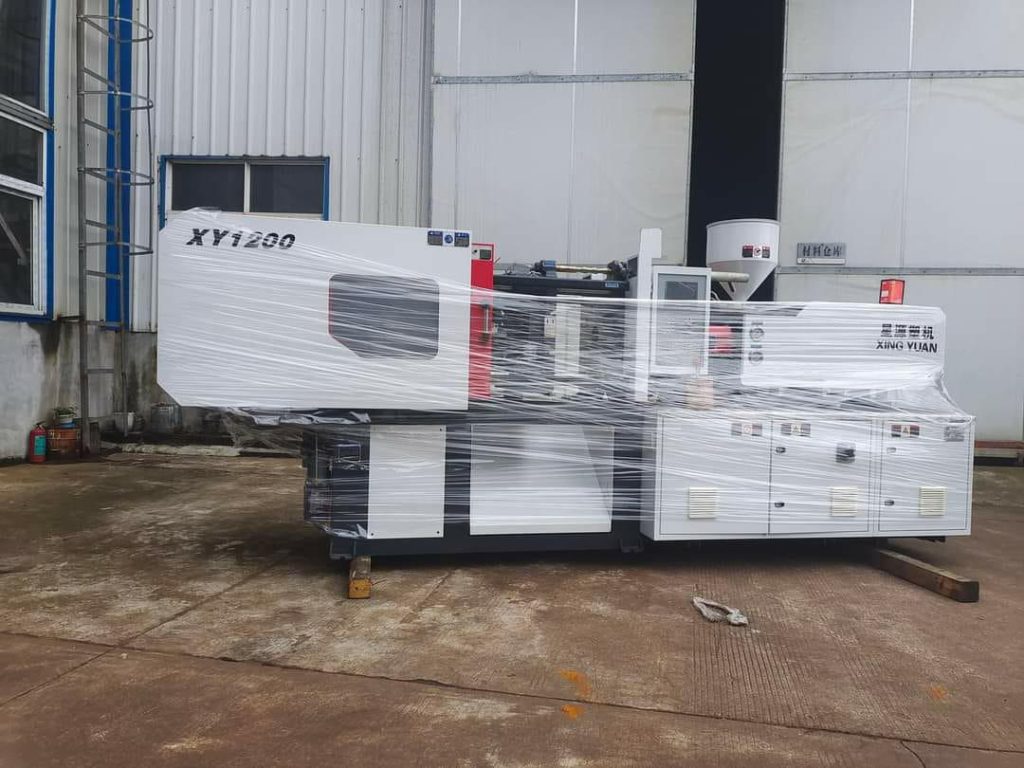The molds for injection molding machines are arguably the most critical component in the entire plastic part manufacturing process. Without a precisely engineered and well-suited mold, even the most advanced injection molding machine will fail to produce quality parts efficiently. Selecting the correct molds for injection molding machines is not just a technical decision; it’s a strategic one that directly impacts production costs, part quality, and overall project success. This blog post delves into the key considerations when choosing molds for injection molding machines to ensure your injection molding endeavors are a triumph.

One of the initial and most crucial steps in selecting molds for injection molding machines is understanding the material selection and compatibility. Different plastics have varying processing temperatures, shrinkage rates, and flow characteristics. The mold material must be able to withstand these conditions without degradation or deformation. Factors like the abrasiveness of the plastic and the required surface finish of the final part will also influence the ideal mold material. Therefore, carefully consider the material you intend to use when evaluating molds for injection molding machines.
Next, part design and complexity play a significant role in mold selection. Simple part geometries might only require basic two-plate molds for injection molding machines. However, intricate designs with undercuts, complex cooling channels, or multiple cavities will necessitate more sophisticated mold designs, such as three-plate molds or molds with slides and lifters. Understanding the intricacies of your part design is paramount when considering molds for injection molding machines.
Production volume and lifespan expectations are also critical factors. If you require a high volume of parts over a long period, investing in a more robust and durable mold material and construction will be cost-effective in the long run. Molds for injection molding machines designed for high production runs often feature hardened steel and advanced cooling systems to maintain consistent cycle times and part quality. Conversely, for short production runs or prototyping, less expensive mold options might suffice. Carefully assess your production needs when selecting molds for injection molding machines.
Budgetary constraints are, of course, a significant consideration. The cost of molds for injection molding machines can vary greatly depending on the complexity, material, and number of cavities. While it’s tempting to opt for the cheapest option, remember that a poorly designed or constructed mold can lead to costly production issues, increased cycle times, and poor part quality. It’s essential to strike a balance between upfront cost and long-term efficiency when choosing molds for injection molding machines.
Finally, cooling and gating systems are integral aspects of mold design that directly impact cycle time and part quality. An efficient cooling system ensures uniform temperature distribution within the mold, leading to faster solidification and reduced warpage. The gating system, which controls the flow of molten plastic into the mold cavity, must be designed to minimize material waste and ensure proper filling. Carefully evaluate the cooling and gating design of molds for injection molding machines to optimize your production process.
In conclusion, choosing the right molds for injection molding machines is a multifaceted process that requires careful consideration of material compatibility, part design complexity, production volume, budget, and the efficiency of the cooling and gating systems. By thoroughly evaluating these key factors, you can ensure your injection molding operations are successful, producing high-quality parts efficiently and cost-effectively. Investing the time and effort in selecting the appropriate molds for injection molding machines is an investment in the overall success of your manufacturing endeavors.
Ready to optimize your injection molding process? Contact us today to discuss your specific mold requirements and find the perfect solution for your production needs!
